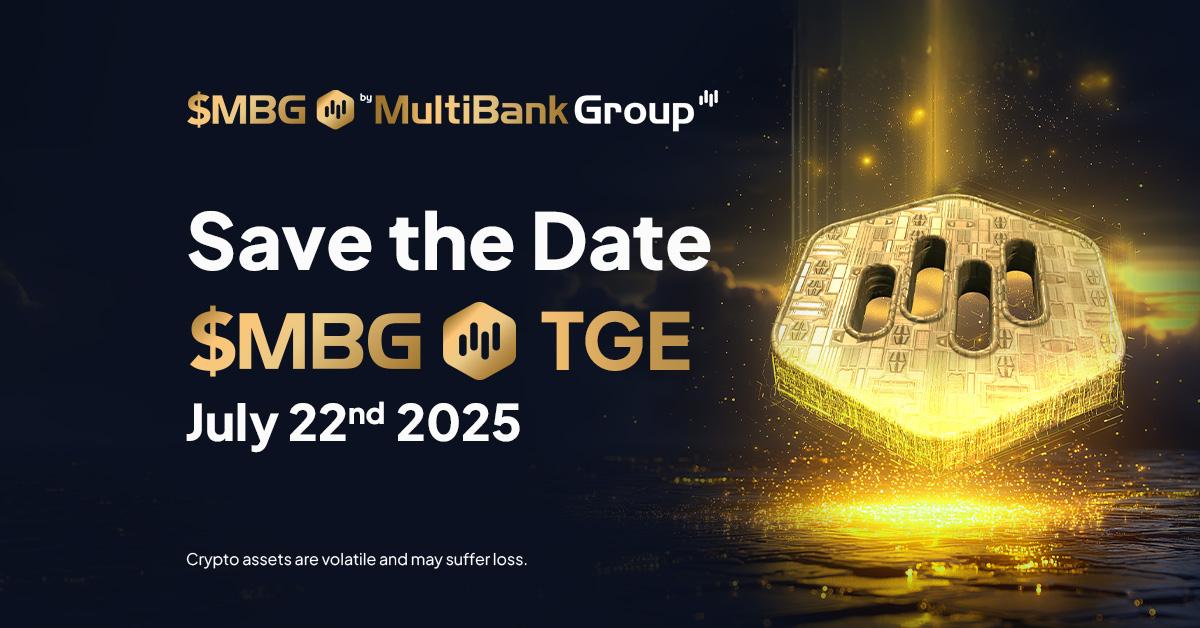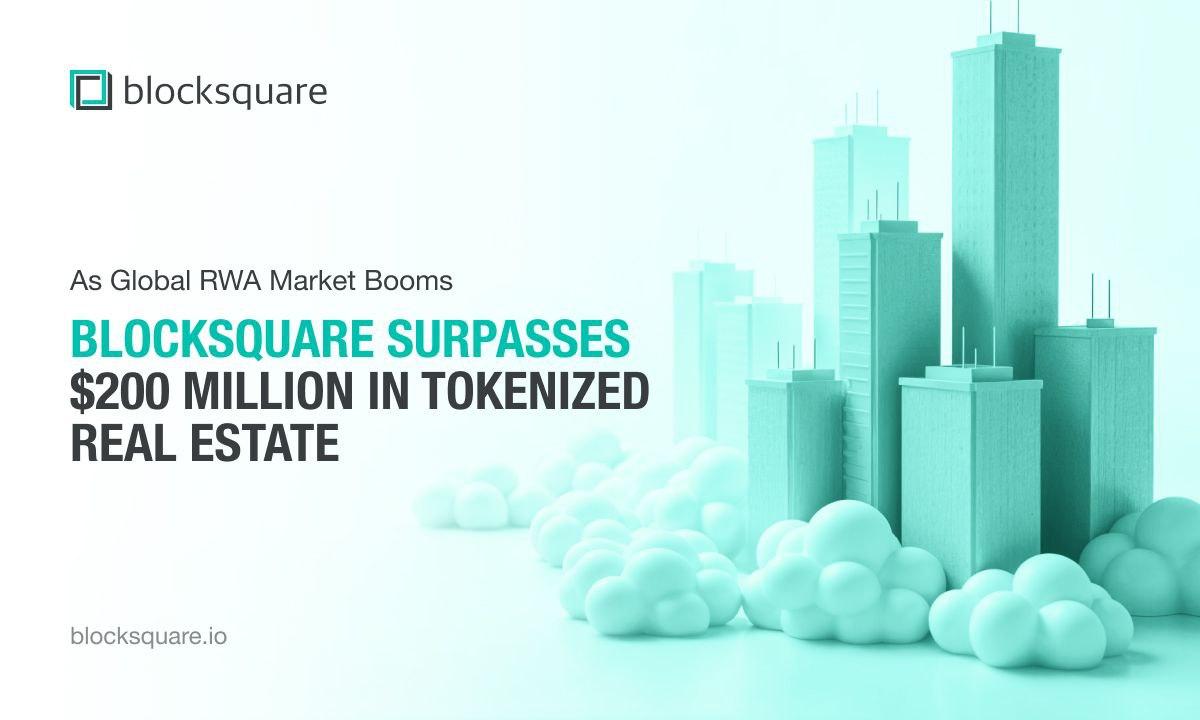Blockchain Beyond Cryptocurrency: Real-World Applications of Blockchain
Blockchain tech has come a long way from just being the backbone of digital currencies. Now, it’s seen as this all-powerful tool that goes way beyond electronic tokens.

Sure, it gets a lot of attention for its role in cryptocurrencies, but the cool thing is that blockchain is also making waves in other industries. It’s not just about changing the game; it’s about flipping the script on how things have always been done. Let’s take a closer look at how blockchain is doing its thing in sectors like supply chain management and healthcare.
Online Gaming
In the world of online gaming, blockchain technology is shaking things up by bringing transparency, security, and a sense of ownership to in-game assets. Picture this: you spend time playing on the slots at a crypto casino or conquering levels in a role-playing game, the games could previously only really reward in limited ways, potential winnings being the obvious method, but there are some new ways for players to gain assets when they play a casino game or a “Play-to-Earn” game often providing an extra incentive.
Crypto has already revolutionized the way we play at online casinos, providing a totally new method for people to deposit into their accounts.
But enter blockchain, and everything changes. Now, check this out – this tech brings in something huge for gamers: non-fungible tokens (NFTs). What’s the deal? Well, players get to actually own and trade their in-game stuff on these cool marketplaces built on blockchain. It’s a whole new ball game for gamers, giving them real ownership and a chance to swap their goodies with others. Think of NFTs as unique digital tokens that serve as proof of ownership for specific items, complete with a verified scarcity and a clear history of where they’ve been.
Read More: Top Solana NFT Collections In 2024
Supply Chain Management
Blockchain technology has brought about substantial upheaval within the realm of supply chain management. Traditional supply chains are frequently plagued by ineffectiveness and an increased susceptibility to fraudulent undertakings. In contrast, blockchain presents itself as an avant-garde game changer with its distributed ledger that promotes clarity and credibility across all stages of the supply chain operation.
What makes blockchain so popular is its use of intelligent contracts that can be auto-enforced based on established guidelines. Within the logistics sphere, this translates into process automation and efficiency enhancement at all levels of the chain – from acquisition to distribution. The capability to track product movement from production to the final consumer means that quality control becomes easier and you can verify the origin of supposedly premium products.
The influence of blockchain on supply chain management extends further than providing clarity; it tackles challenges related to responsibility. All actors within the supply chain, ranging from providers, producers, distributors, and vendors are part of a single unalterable record – meaning that they have no choice but to be transparent, authentic, and honest.
Read More: Top 10 Best Real World Asset Coins In 2024
Medical Care
With its intricate procedures, the necessity for protected data transmission, and confidential information handling norms, the healthcare industry was ripe for blockchain incorporation. The patient details that are usually dispersed among different parties can now be safely stored and retrieved in decentralized ways.
Through the use of encryption methods, blockchain technology provides robust protection and authenticity to health data. It allows patients more autonomy over their medical records, allowing them to delegate access rights when necessary to healthcare professionals. This not only heightens the safeguarding of information but also smoothes out cross-system communication.
Blockchain’s transparency and unchangeable attributes also significantly contribute to the improvement of clinical trials in healthcare. It also assists in the battle against fake drugs as it establishes a strict record of medicinal supply chains. It allows both patients and healthcare professionals to verify the origin and route of pharmaceuticals, guaranteeing their safety and efficacy.
Read More: Top Cryptocurrency Trends to watch in 2024
Banking and Finance
While cryptocurrency is a significant component of blockchain technology, it isn’t the only facet that will greatly impact conventional banking and financial services. Blockchain facilitates more streamlined and cost-effective global transactions by eliminating intermediaries and reducing transaction timescales.
We’ve now also gained these revolutionary things called smart contracts that make complex financial stuff, like loans and insurance deals, way more straightforward. No need for middlemen to complicate things – blockchain’s got it covered.
And here’s the real game-changer – blockchain tech is making sure everyone gets a shot at being part of the global marketplace, especially those who don’t have access to regular banks. Thanks to decentralized finance (DeFi) platforms riding on this groundbreaking tech, folks can now dive into a whole array of financial services like lending and trading without dealing with the usual middlemen.
Read More: Top Crypto Launchpads To Watch In 2024
Real Estate
Blockchain holds enormous potential to revolutionize the real estate industry, which is traditionally encumbered by extensive paperwork processes. Property transactions often require several middlemen and are susceptible to various impediments including delays, disputes, and illicit practices. Nevertheless, blockchain’s creation of an unchangeable and distributed record for asserting property ownership rights injects unprecedented transparency and effectiveness into these dealings.
Furthermore, blockchain technology integrates smart contracts to streamline real estate transactions including property changeovers, rental agreements, and payment methods. This not only lightens the administrative burden but also eliminates worries relating to deceptive payments.
Blockchain can also be utilized in the domain of asset tokenization, a procedure that converts physical assets into digital tokens within the blockchain system. This method creates avenues for fractional ownership opportunities, allowing people to invest in property without making substantial financial investments.
| DISCLAIMER: The information on this website is provided as general market commentary and does not constitute investment advice. We encourage you to do your own research before investing. |

















